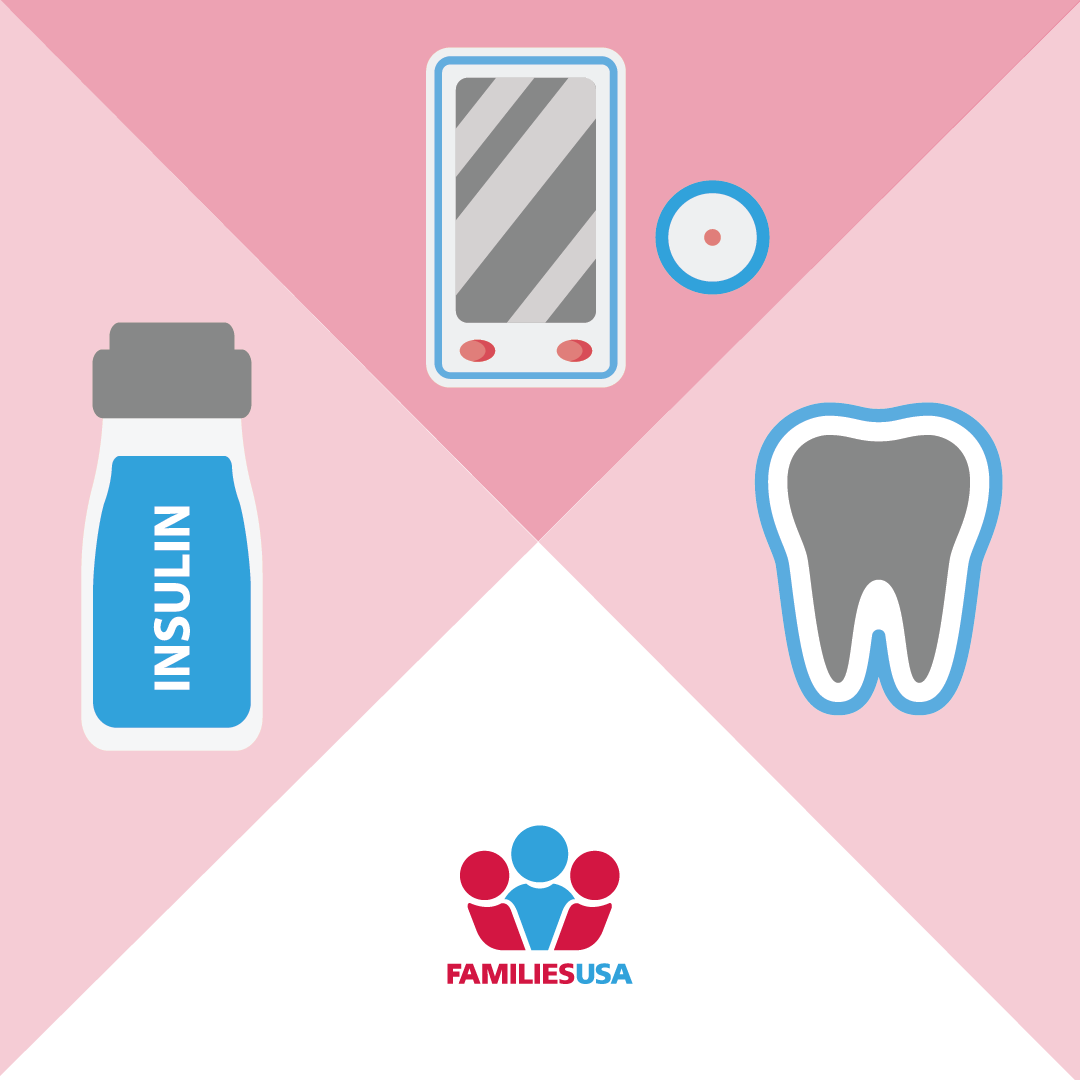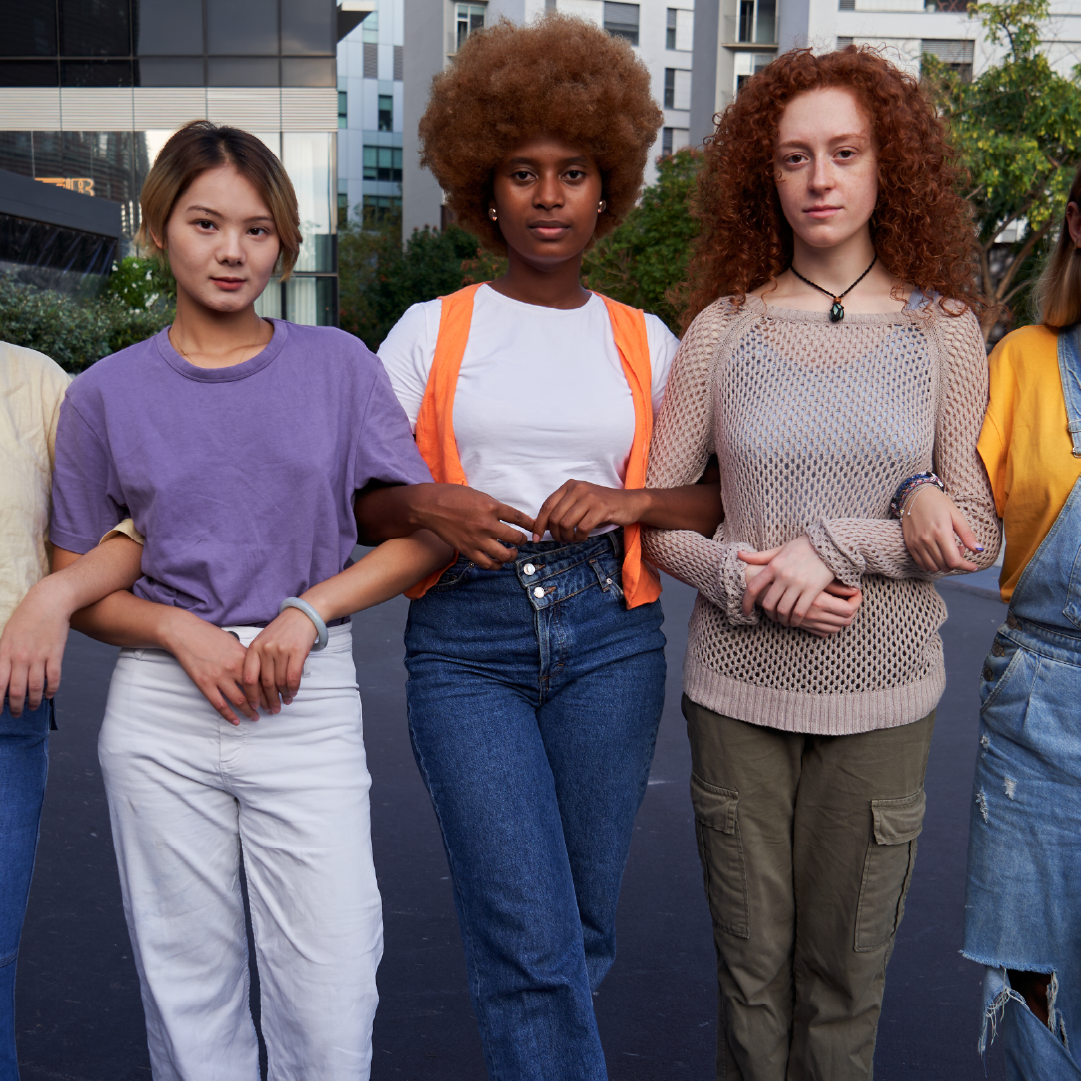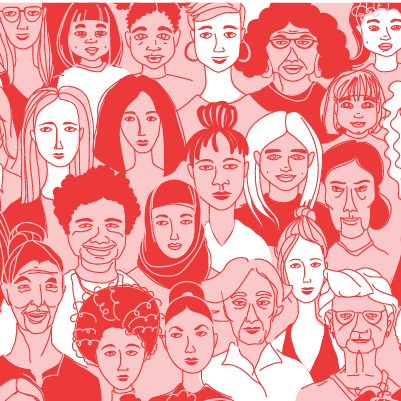
A Father’s Reflection: Aftershock and the Urgency of Black Maternal Health
04.11.2024
As a married Black father, the world that my wife and I have built together revolves around the joy and responsibility of raising our two young kids, Olivia Joy, and Caleb. Together, we navigate raising our kids while managing late-night feedings, dirty diapers, potty training and mountains of laundry that we swear we’ll get to once the kids go to sleep, but never do. Honestly, I can’t fathom living life, much less parenting, without my wife at my side.
Working in the health advocacy space, I am always reminded that Black pregnant women and Black infants face worse health outcomes than their white counterparts. However, working in this field and knowing the data didn’t prepare me for the emotional rollercoaster that I experienced while watching the documentary, “Aftershock.” The film chronicles the heartbreaking stories of Shamony Gibson and Amber Rose Isaac, who tragically lost their lives due to pregnancy-related complications. Learning about their stories hit close to home and tapped into the core of my fears as a husband and father to a Black wife and daughter.
In October 2019, Shamony Gibson tragically lost her life just 13 days after giving birth to her son. As a father, imagining the love and happiness of welcoming a new life into the world, only to have it followed by the devastating loss of a partner, is unfathomable. The documentary captures the raw emotions of Shamony’s surviving mother, Shawnee Benton Gibson, and her bereaved partner, Omari Maynard, as they navigate the complexities of grief while caring for their newborn.
Equally heart-wrenching is the story of Amber Rose Isaac, a 26-year-old who lost her life due to complications from an emergency C-section in April 2020. The documentary explores the connection formed between Amber’s surviving partner, Bruce McIntyre, and Omari, the surviving partner of Shamony. Together, they embark on a journey for justice, not only for their own partners but also for countless others affected by the alarming disparities in Black maternal health.
It was easy to imagine myself in this situation as my wife and I recently welcomed our second child, and that led to an emotional awakening. Those two brothers are better and stronger men than I. Had it been my partner, I don’t rightly know if I would have ever recovered from such a blow.
To me, the most infuriating aspect of “Aftershock” was that Shamony’s and Amber’s tragic deaths were preventable. The documentary sheds light on the repeated systemic failures within the health care system, where red flags were ignored, and preventable complications turned fatal. The callous excuses offered by the hospitals only intensified my frustration, exposing a distressing lack of both accountability and empathy. It is deeply disheartening to witness how the pain and discomfort of Black women is often dismissed or downplayed, leading to devastating consequences.
The disregard for their well-being within the medical system underscores the urgent need for comprehensive reforms that address racial biases and ensure equitable and compassionate care for all mothers, regardless of their racial or ethnic background. The stories of Shamony and Amber uplift the critical importance of dismantling systemic racism within the health care system to safeguard the lives of Black mothers.
After watching and learning more, I am inspired to be a catalyst for change, and to engage in conversations around improving Black maternal health. If you haven’t been involved in the movement to improve outcomes, I would like to invite you to join me this week, April 11th – 17th, for Black Maternal Health Week. Founded by the Black Mamas Matter Alliance (BMMA), this week is about raising awareness, and building a community of activists who foster growth and change both within maternal health policy and the medical field. BMMA provides more educational information and a social media toolkit on their website.
But the work doesn’t stop there; we must reimagine and transform our health care system into one that meets the needs of my wife and daughter and the millions of other women of color across this country, who should be able to trust that they are going to be listened to and treated with respect. I ask that you call your U.S. Representative and U.S. Senator and demand that they pass the Black Maternal Health Momnibus package and other pieces of legislation that make critical investments in maternal health care. And further, that you encourage your state government to offer more affordable, holistic care by expanding the types of maternal health care workers, such as doulas, who can be paid for their work through Medicaid and other forms of insurance.
Finally, one of the most important things that we can do together is use our voices to advocate for the Black women in our lives. The weight of their health and well-being shouldn’t fall on their shoulders alone. “Aftershock” serves as a poignant reminder that the fight for Black maternal health is a collective responsibility. It’s a call to action for fathers like me to stand up, speak out, and actively participate in shaping a world where the experience of childbirth is joyful one. The documentary is a powerful testament to the strength of the human spirit and the impact that united voices can have in demanding the systemic change needed to ensure a safer and healthier future for all mothers.




